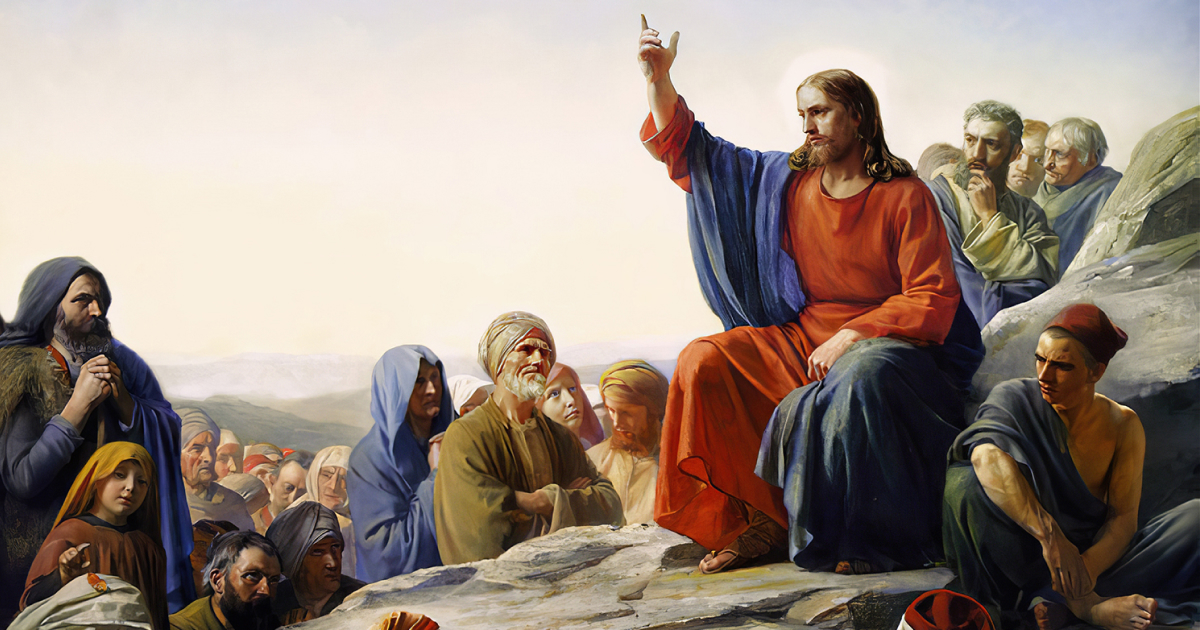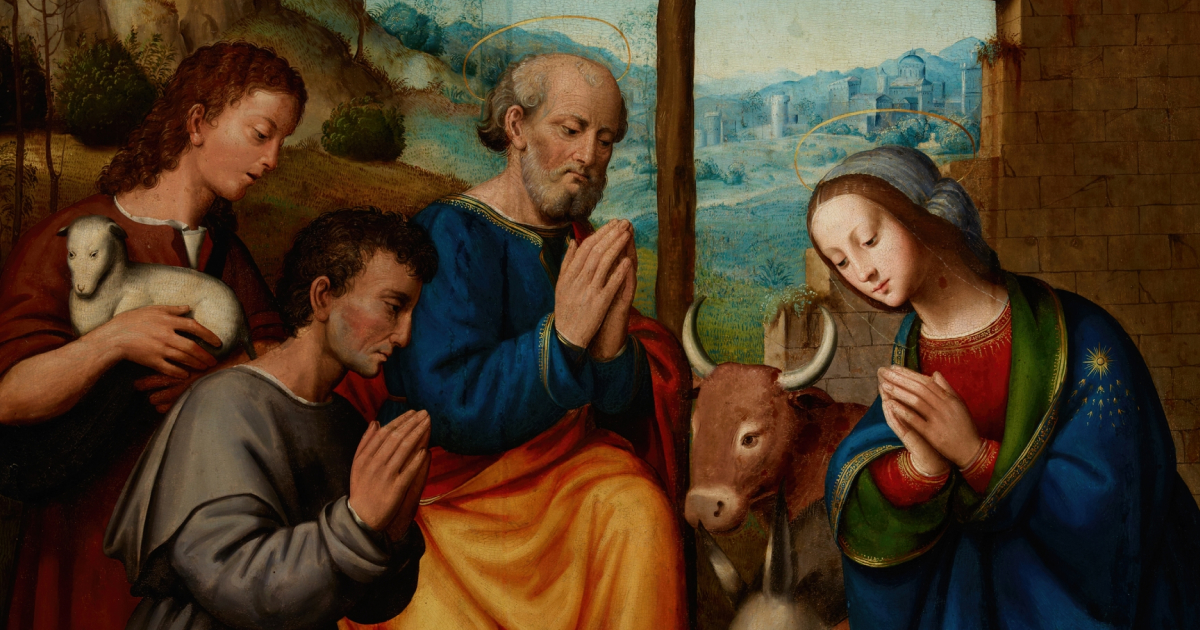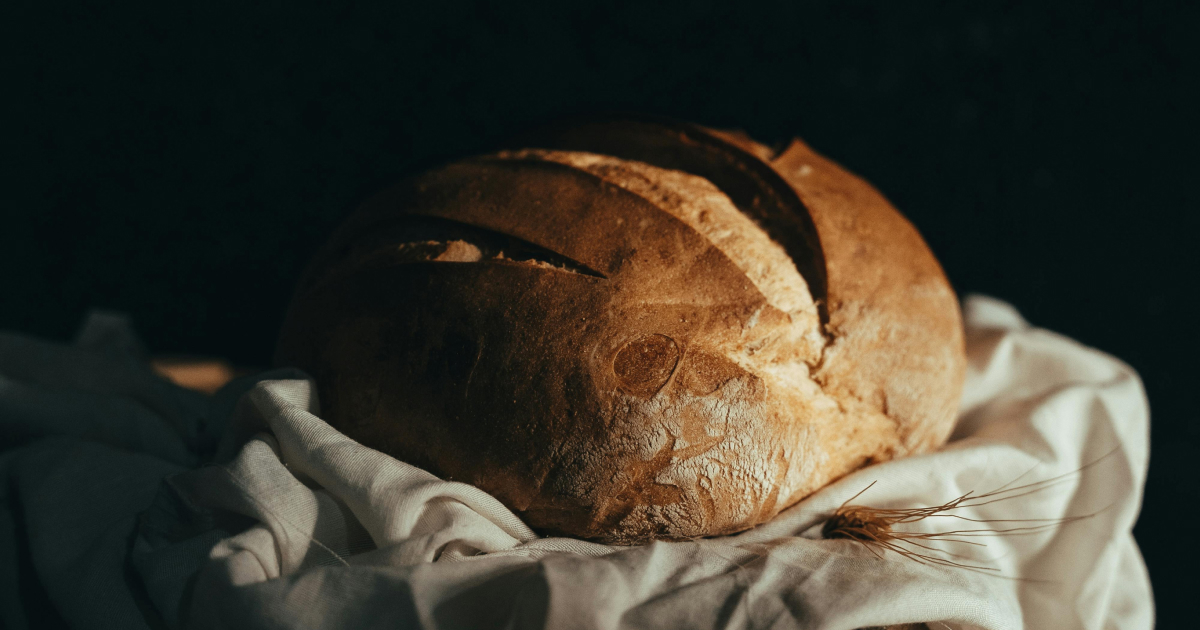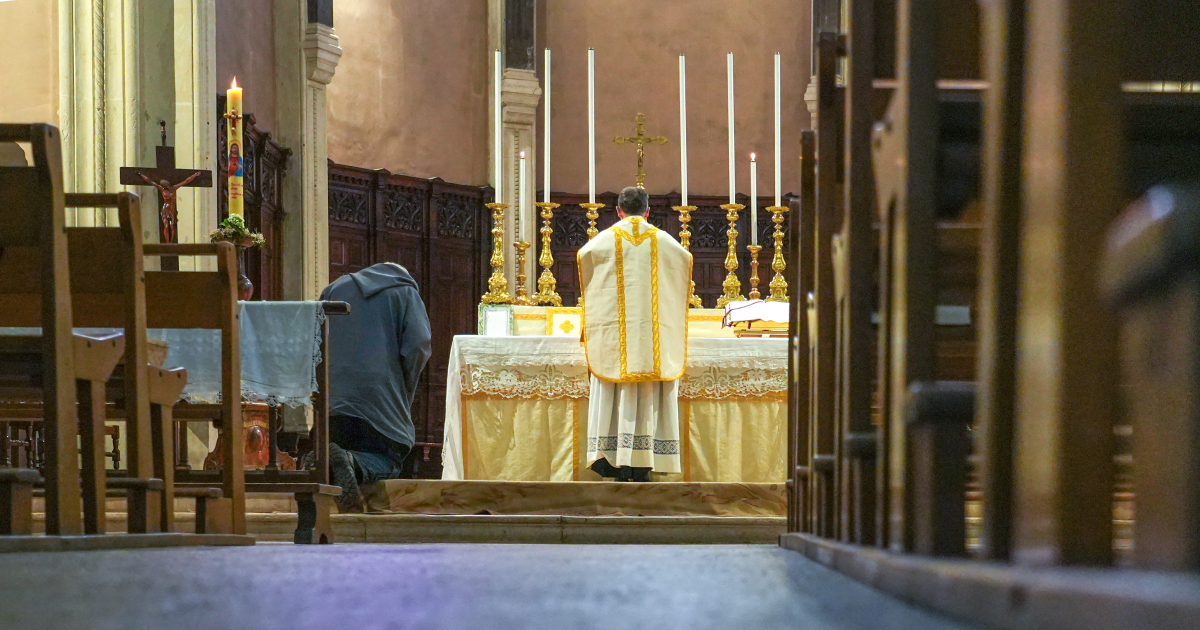The Pope has had an audience with the only bishop in the world whose pastoral ministry is exclusively dedicated to the Traditional Latin Mass.
On 15 November, the Holy Father received Bishop Fernando Arêas Rifan, titular of Cedamusa and apostolic administrator of the personal apostolic administration of Saint John Vianney, according to the Holy See Press Office.
Though listed among the ordinary audiences, the encounter carries a weight that exceeds its brief notice. Bishop Rifan, who turns 75 shortly, occupies a position found nowhere else in the Catholic world. While several groups and institutes celebrate the Old Rite within the structures of Rome, Bishop Rifam remains the only bishop whose entire pastoral ministry is centred on the Traditional Latin Mass.
For many of the South American faithful attached to the Traditional Latin Mass, the bishop has become an important representative at a moment when the future of the Tridentine rite remains the subject of intense debate.
Following the audience, Bishop Rifan released a short video in which he described the meeting as exceptionally encouraging.
“Today I had the great grace of having a private audience with our Pope Leo XIV to show him our adherence, our filial obedience, our gratitude for everything he has done for the Church and especially for our apostolic administration,” Bishop Rifan said.
Reflecting on the meeting, Bishop Rifan said he used the opportunity to swear his loyalty to Pope Leo and to set out clearly how the Tridentine community lives its mission within the Church.
“We asked him to continue supporting us, giving us strength, and we showed him that we preserve the liturgy in its ancient form, but in full communion with the Church. He was very pleased," the bishop said.
“Our meeting was very good – our conversation and all the support we received from him. Let us continue with God’s grace. Let us always pray for the Holy Father, Pope Leo XIV."
The meeting comes in the wake of comments Pope Leo made to Crux on 18 September, in which he admitted he had “not had the chance to really sit down with a group of people who are advocating for the Tridentine rite” but expected to do so soon.
In the interview, the Pope lamented the polarisation surrounding the issue, saying that “people aren’t willing to listen to one another … That’s a problem in itself. It means we’re into ideology now, we’re no longer into the experience of Church communion.”
The audience with Bishop Rifan appears to be the first concrete step towards that promised engagement.
The personal apostolic administration of São João Maria Vianney was erected by John Paul II in 2002 to reconcile the priests and faithful of Campos (Brazil) who, under Bishop Antônio de Castro Mayer, the so-called Lion of Campos, had long resisted the post-conciliar liturgical reforms and later aligned themselves with the Society of St Pius X.
Under Bishop Antônio de Castro Mayer, the Diocese of Campos became known for maintaining its resistance to the post-conciliar liturgical reforms. While remaining formally within the Church, Bishop Mayer maintained the exclusive use of the pre-Vatican II rites and fostered a strong clerical and lay culture centred on the Traditional Latin Mass.
After his retirement, this stance changed in 1981, when his successor, Bishop Carlos Navarro, took a markedly different course and fully implemented the Novus Ordo throughout the diocese, bringing Campos into line with the post-conciliar reforms.
Bishop Mayer himself avoided participating in Navarro’s installation Mass, symbolically passing on his authority outside the cathedral rather than within it. The situation escalated rapidly when Navarro closed the seminaries, expelled seminarians and issued a decree in August 1982 mandating exclusive use of the reformed liturgical books, while threatening canonical penalties for non-compliance.
When thirty priests trained by Bishop Mayer publicly rejected the decree, insisting that the Tridentine Mass had never been revoked and citing Quo Primum Tempore, Bishop Navarro suspended them immediately and pursued their removal through the civil courts.
Backed by thousands of lay supporters, the priests refused to leave their parishes until forcibly evicted by police, after which they formed the Priestly Union of St John Mary Vianney under Mayer’s guidance.
By the early 1990s, Campos effectively had two parallel ecclesial structures, one aligned with Rome and practising the post-conciliar reforms, the other adhering to the pre-conciliar liturgy and discipline, describing itself as a “Church in exile” within its own diocese.
This was exacerbated when Bishop Licínio Rangel was consecrated with the assistance of the Society of St Pius X in 1991, deepening the rupture with Rome. Yet Bishop Rangel ultimately steered Campos toward reconciliation.
In 2002, gravely ill and seeking full communion, he petitioned the Holy See for a canonical solution that would preserve the community’s liturgical identity. John Paul II answered with the creation of the personal apostolic administration of São João Maria Vianney, regularising the priests and faithful of Campos. Bishop Rangel died shortly after its establishment, leaving Bishop Rifan to succeed him and guide the community.
The 2002 settlement created the only diocesan-like jurisdiction in the world exclusively dedicated to the Traditional Roman Rite. Bishop Rifan, appointed its leader after the reconciliation, has since worked to preserve the older liturgy while maintaining unambiguous unity with Rome.
Photo: Pope Leo XIV attends a lunch organised on the World Day of the Poor at the Paul VI audience hall in the Vatican, 16 November 2025 (Photo by FILIPPO MONTEFORTE/AFP via Getty Images)





.jpg)











